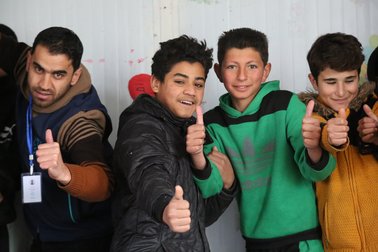Knowledge Hub
-
12/11/2018
Alcohol and Drug Misuse Interventions in Conflict-Affected Populations
This chapter reviews: (1) the epidemiology of substance misuse; (2) evidence for treatment and prevention services; and (3) implementation considerations for substance use services in conflict-affected populations. Existing research indicates that substance misuse is common in conflict settings and displaced populations, and implementation of prevention and treatment programs is feasible, highlighting the importance of strengthening knowledge on how best to address this critical public health concern.
Read more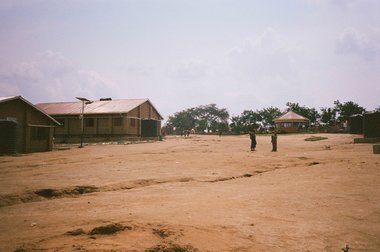
-
04/23/2016
Indicators for routine monitoring of effective mental healthcare coverage in low- and middle-income settings: a Delphi study
This study provides data on how mental health service and financial coverage can be assessed in LMIC. Results show a highly stable list of most frequently endorsed indicators that cover different domains of measuring mental healthcare coverage, including needs, utilization, quality and financial protection.
Read more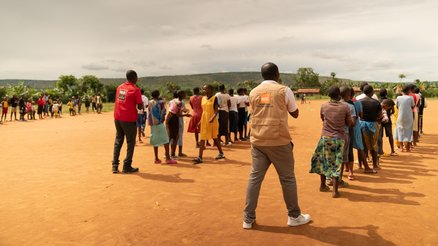
-
04/18/2016
Determinants of Children’s Mental Health in War-Torn Settings: Translating Research Into Action
This paper discusses the evidence in support of an ecological approach to evidence-based interventions. This approach integrates a comprehensive model of risk and protective factors for children in conflict-affected settings.
Read more
-
12/07/2017
Developmental assistance for child and adolescent mental health in low– and middle–income countries (2007–2014): Annual trends and allocation by sector, project type, donors and recipients
This study aimed to identify, describe and analyse developmental assistance for mental health that targets children and adolescents (DAMH–CA). Findings indicated a need for increased financial aid to be invested in child and adolescent mental health, especially with respect to capacity building, research and prevention of mental disorder projects.
Read more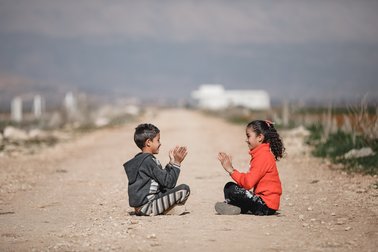
-
04/04/2016
The mental health of civilians displaced by armed conflict: an ecological model of refugee distress
This paper proposes an ecological of refugee distress, drawing on research demonstrating that mental health among refugees and asylum seekers stems not only from prior war exposure, but also from a host of ongoing stressors in their social ecology, or displacement-related stressors.
Read more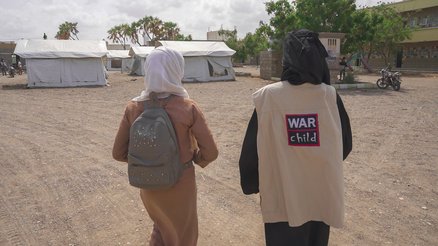
-
11/15/2017
Addressing culture and context in humanitarian response: preparing desk reviews to inform mental health and psychosocial support
This paper discusses critical parameters for the design and implementation of desk reviews, as well as current challenges and future directions to improve mental health care and psychosocial support in humanitarian emergencies.
Read more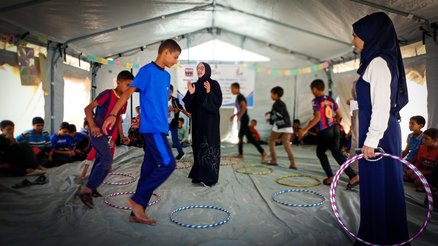
-
11/07/2017
Strengthening mental health care systems for Syrian refugees in Europe and the Middle East: integrating scalable psychological interventions in eight countries
This paper provides an evidence-based rationale for the use of the scalable Problem Management Plus (PM+) oriented programmes being adapted for Syrian refugees. Additionally, it provides information on the newly launched STRENGTHS programme for adapting, testing and scaling up of PM+ in various modalities in both neighbouring and European countries hosting Syrian refugees.
Read more